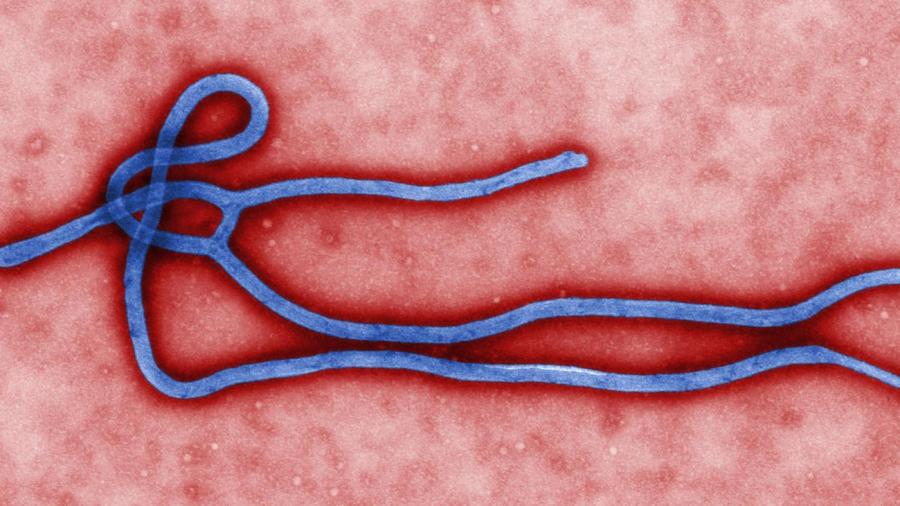What Is a Systemic Viral Infection?

A systemic viral infection occurs in many different systems or organs of the body, as opposed to a localized viral infection, which affects only one part or organ of the body. Because viruses are able to reproduce at a high rate, viral infections can spread quickly throughout the body.
A virus can survive outside an organism but needs a host cell in order to replicate its own genetic information. Once inside the host cell, a virus uses the cell’s enzymes to reproduce its viral enzymes and replicate its own genetic information. Some viruses don’t reproduce right away and instead mix their own genetic information with the host cell’s genetic information; once the host cell reproduces, the viruses genetic information gets copied into the host cell’s offspring to spread throughout the body.





